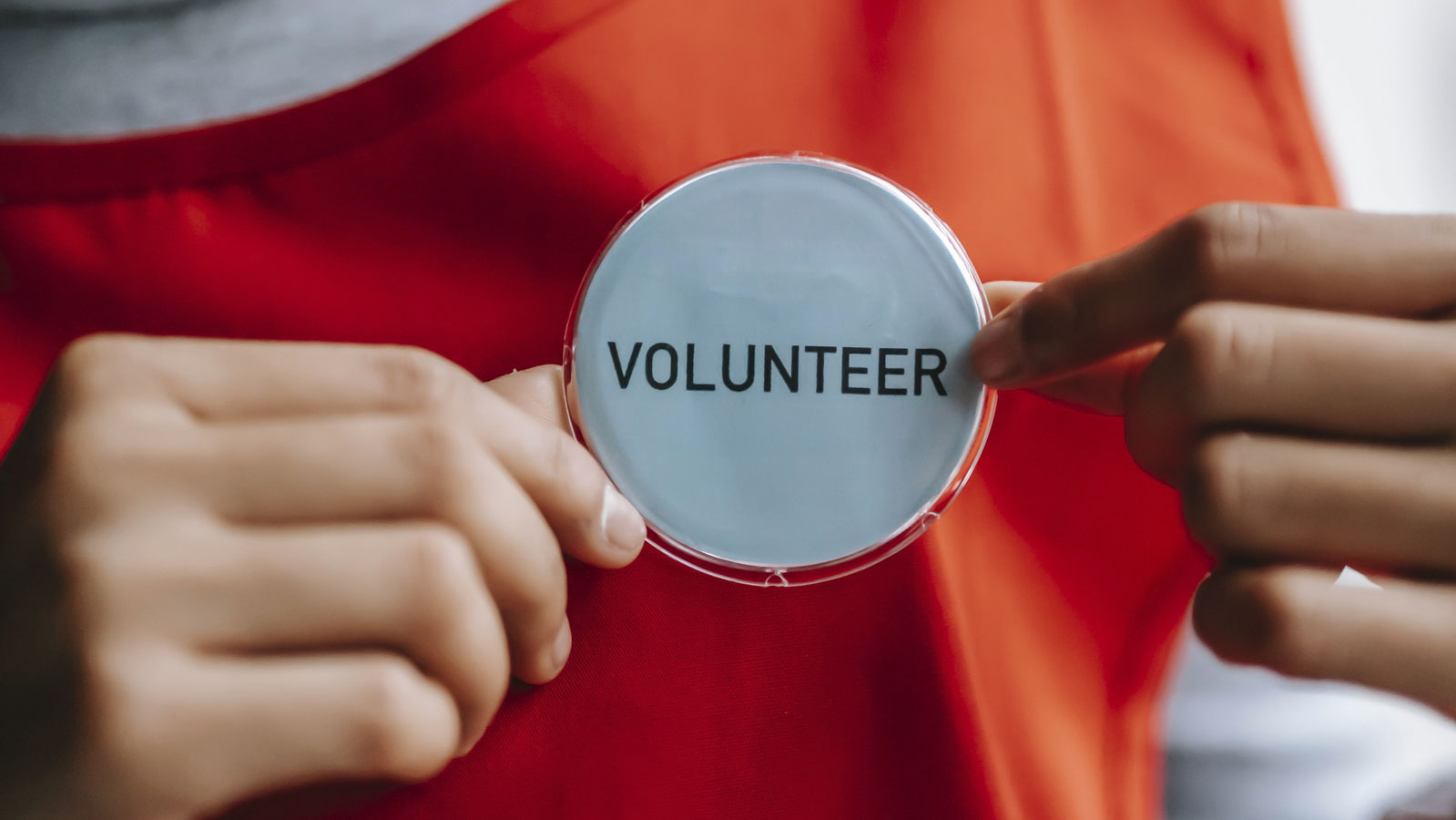Photo by Valentina Locatelli on Unsplash. ...
The Importance & impact of Community Sponsorship As part of our Experts by Experience platform, we interviewed Ghazala and her family who were resettled to the UK through Community Sponsorshi...
Learn how Community Sponsorship group, Family Matters, were able to gather together a group of investors and purchase a home for a refugee family! As we see more Community Sponsorship groups investing...
Essential information for groups when considering property investment When it comes to finding a property for a refugee family, it can feel like an insurmountable obstacle to overcome given the lack o...
What to think about when creating your safeguarding policy Your safeguarding policy and procedures Alongside your application, you will also need to submit a Safeguarding policy for your group in orde...
A resource to help you assess and mitigate common risks you may face while supporting a refugee family We don’t want to pretend that Community Sponsorship comes without challenges. Everyth...
Guidance for groups on gaining Local Authority consent (permission to apply) Community Sponsorship is a partnership involving your group, the Home Office and your Local Authority (Local Authorities, i...
Discover different ways to connect with other organisations in your area As part of your Community Sponsorship application, you will be doing lots of research into the services and organisations in yo...
Guidance on working with your local police force In order to protect the refugee family you will be welcoming from harm, and to ensure their new neighbourhood is safe to live in, the Home Office ask y...
Ideas and discussion points to assist groups in negotiating with landlords Community Sponsorship groups across the UK have developed hugely creative ways to find affordable, sustainable accommodation ...
A detailed document to help your group create the ESOL strategy that works best for you This downloadable resource contains detailed information on the types of English classes available, the key issu...
What is the benefit cap and how to manage it The benefit cap is a limit on the total amount of welfare benefits each family or individual receives. The benefit cap affects Universal Credit as well as ...
Learn about Universal Credit and how to apply for it Note: Universal Credit will be paid from the day the application is fully submitted. The first payment will be made at least 5 weeks from the date ...
Community Sponsorship Groups in Scotland will benefit from understanding what is taking place nationally. The Scottish Government have implemented a refugee integration strategy for 2018-2022, which G...
Find help and advice in your region to support your Community Sponsorship journey Each of the nine English Regions and Scotland, Wales and Northern Ireland has a Strategic Migration Partnership (SMP) ...
Access free training and information about Prevent Your safeguarding policy includes sections on radicalisation and organised crime. To learn more, you can access free e-learning training on Prevent f...
Think through the likely benefits available to the families you will support Both for the sake of your Group and the family you will support, it is important to ensure that the property you find will ...
Here you will find hints and tips for recruiting, managing and supporting your volunteer team Community Sponsorship groups are made up of active, highly committed volunteers. You may be meeting each o...
Find out what support is available for adults arriving in Scotland to support them in learning English There is a strong framework of practice, legislation and policy to support ESOL provision for ref...
Ideas and tips to help in your search for accommodation We know that a significant part of your work in the application process to become a Community Sponsorship group will focus on housing. As p...





















